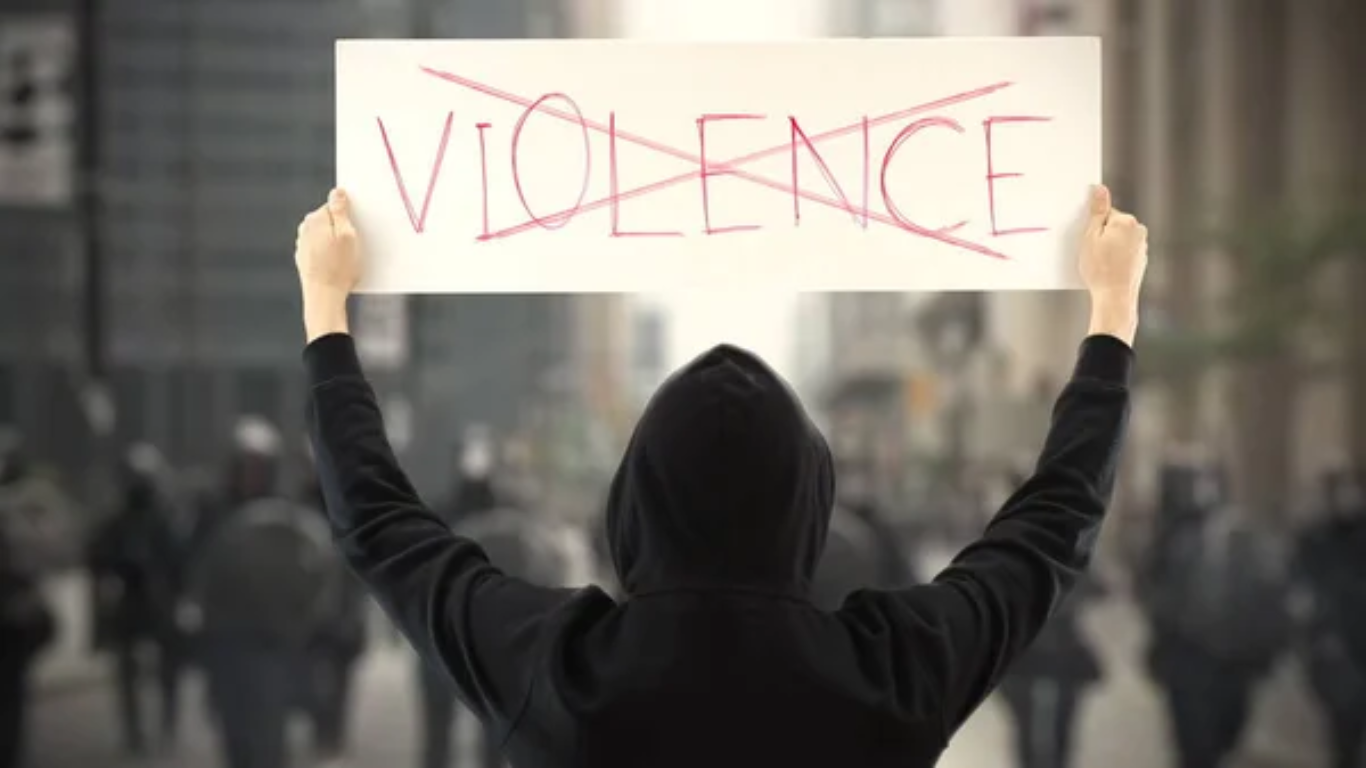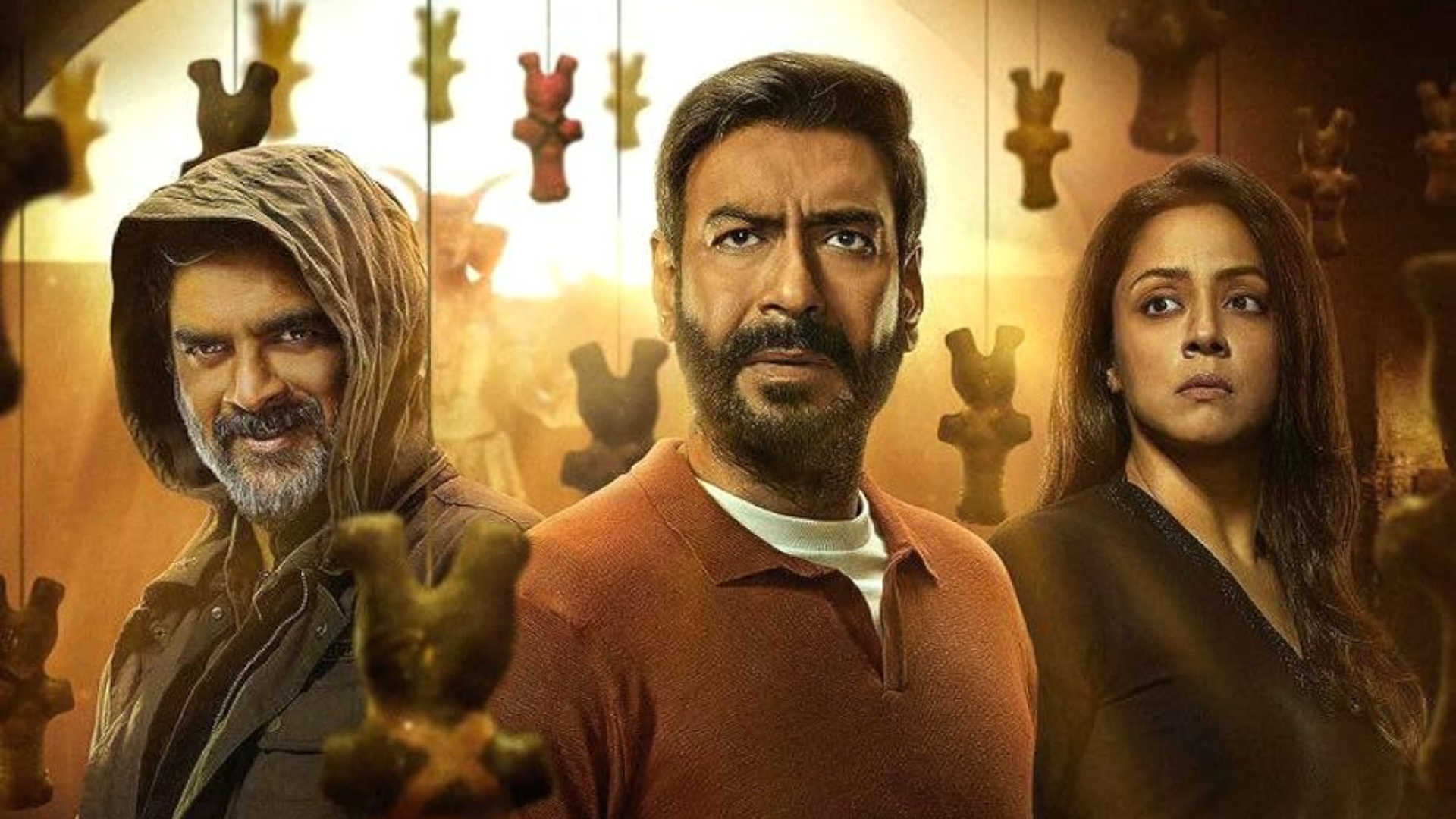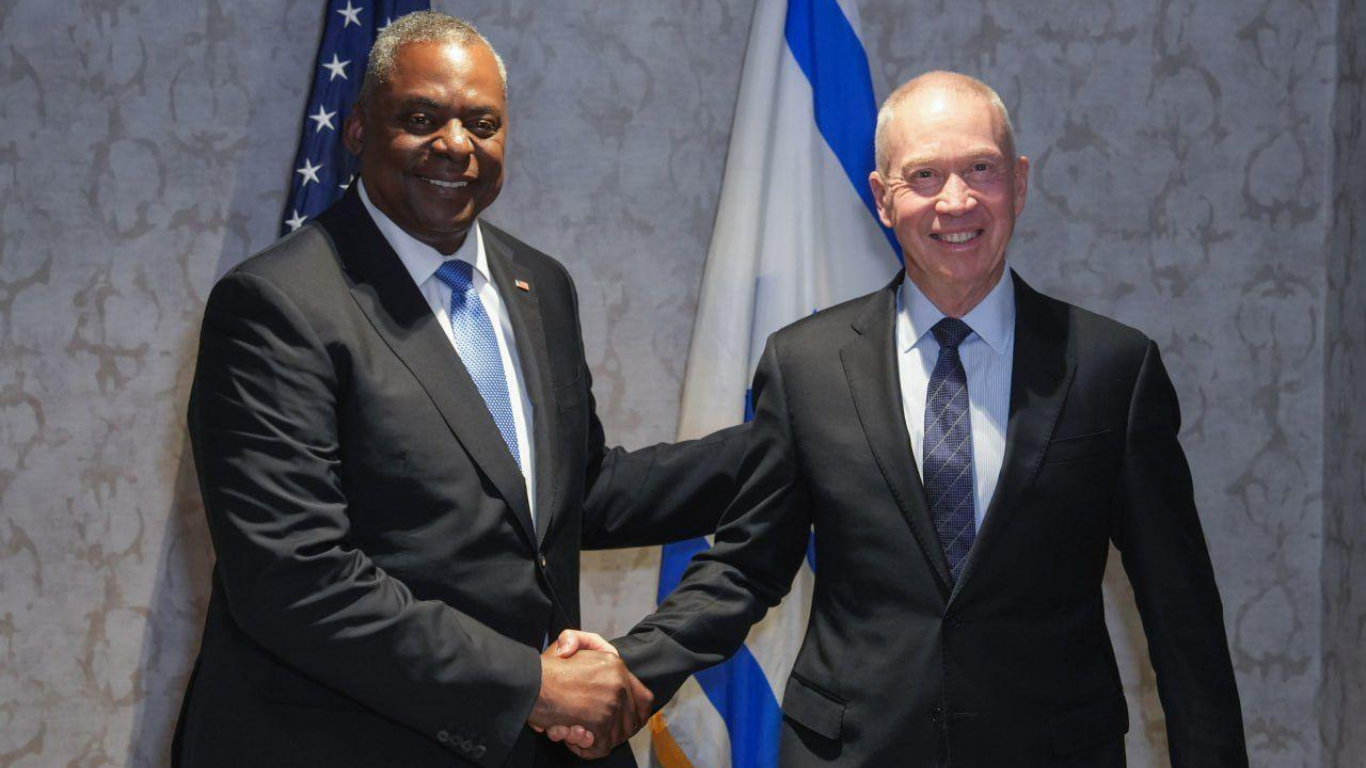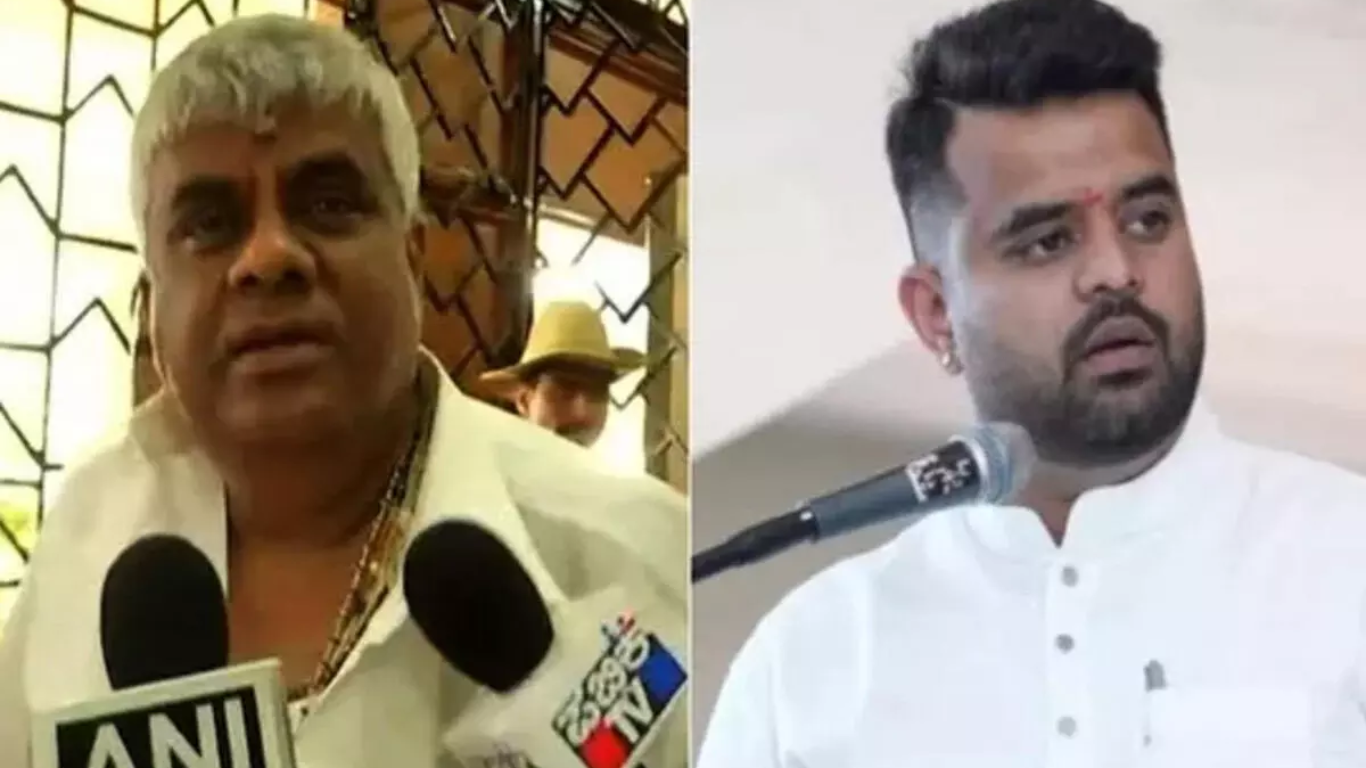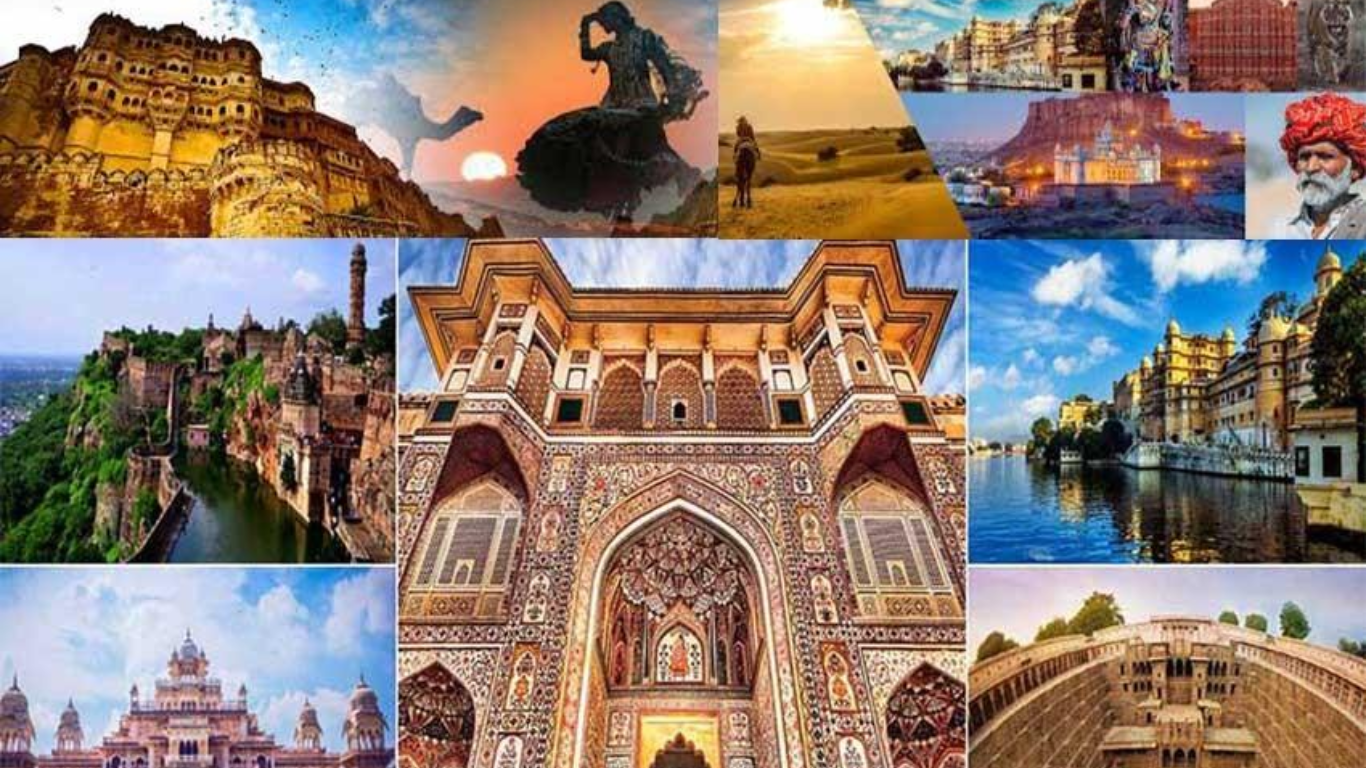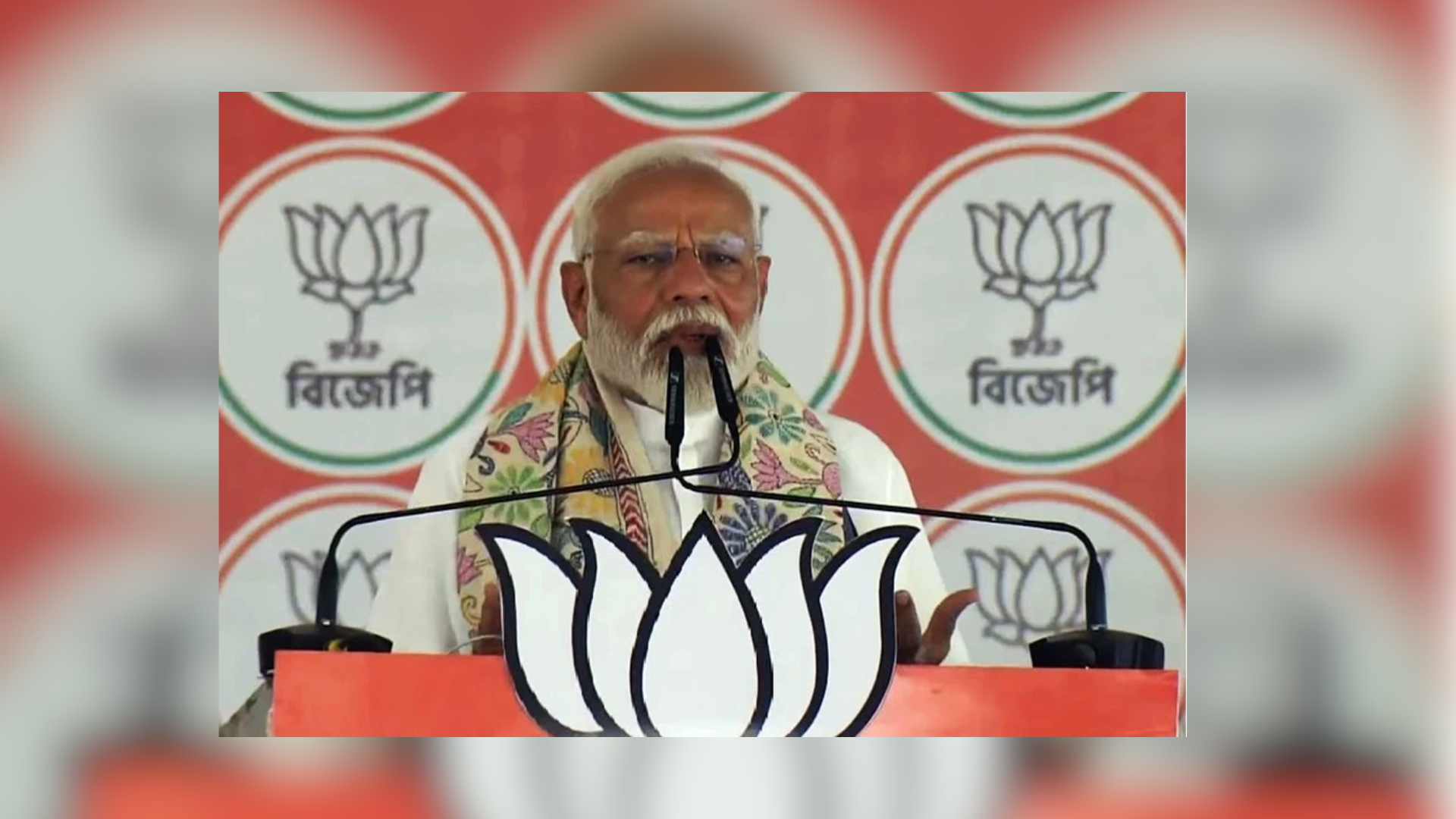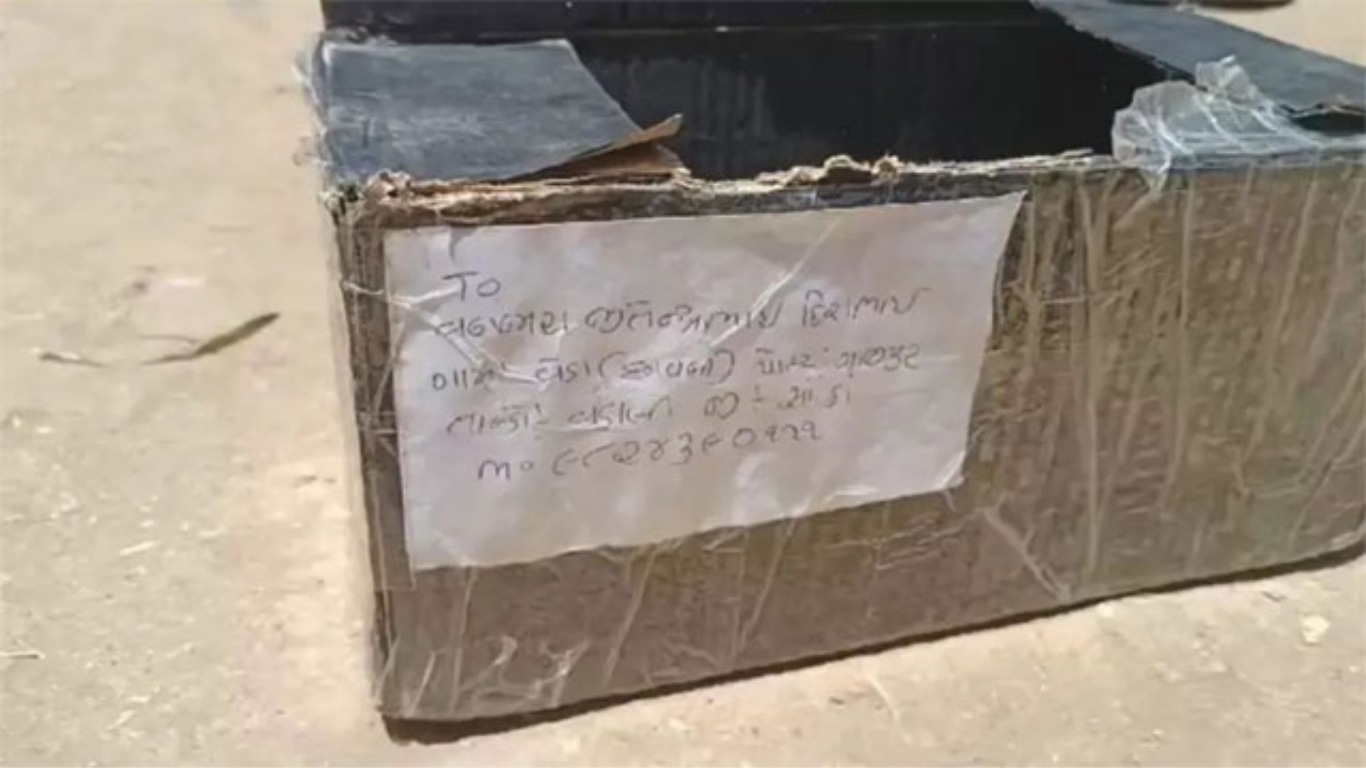


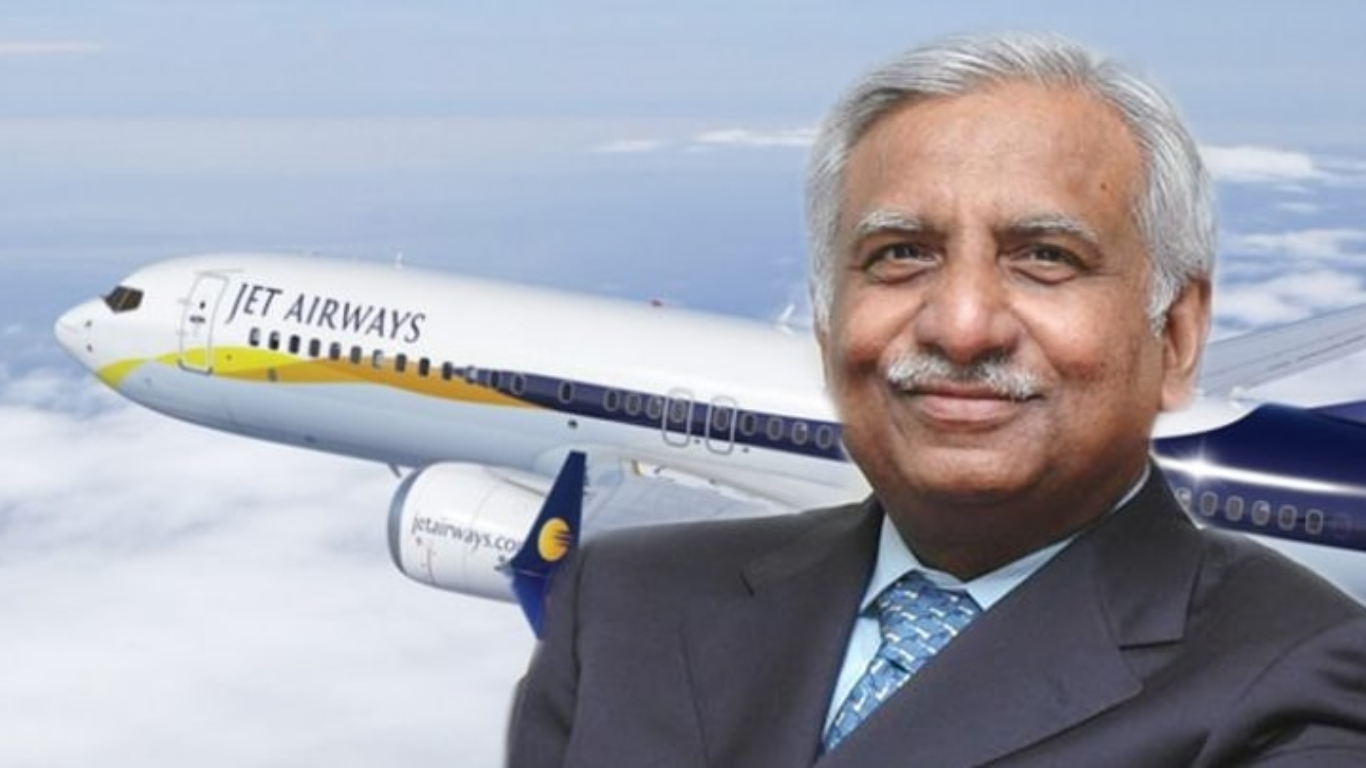

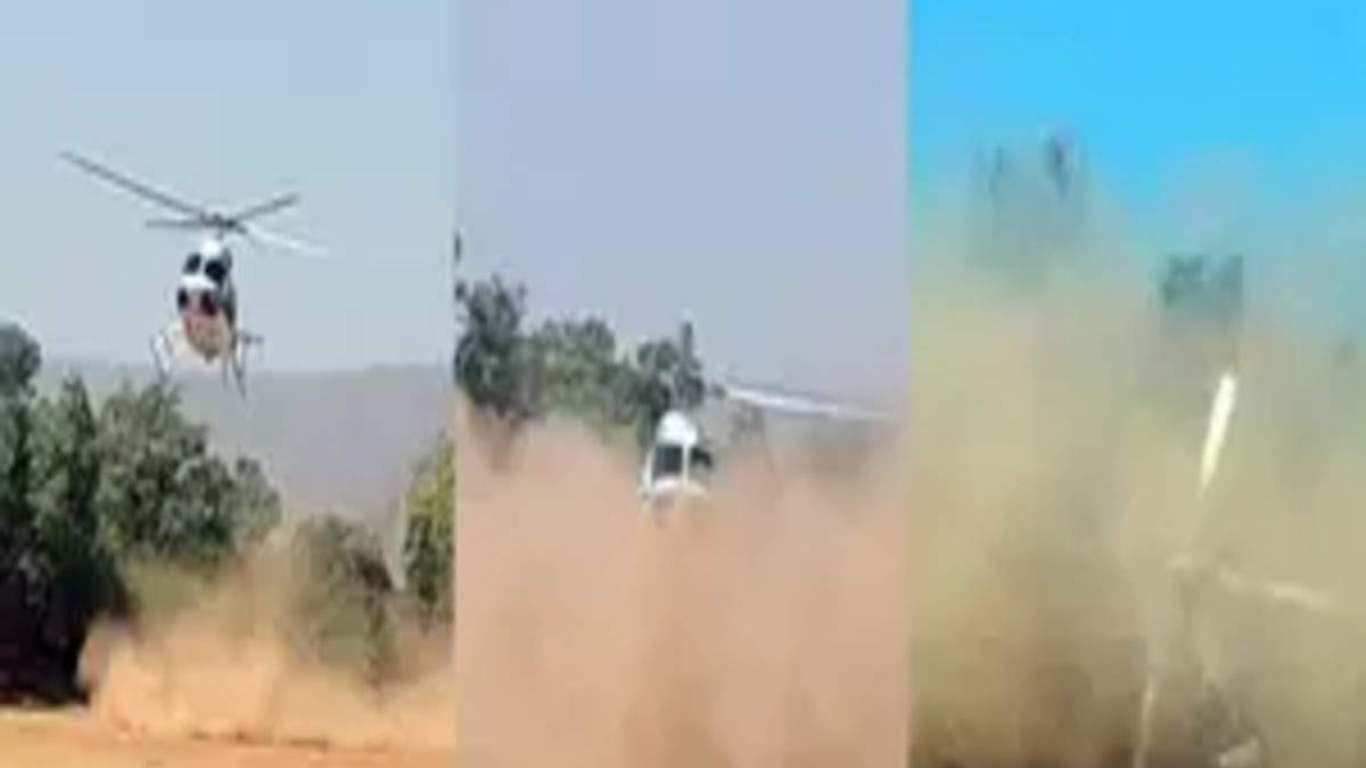
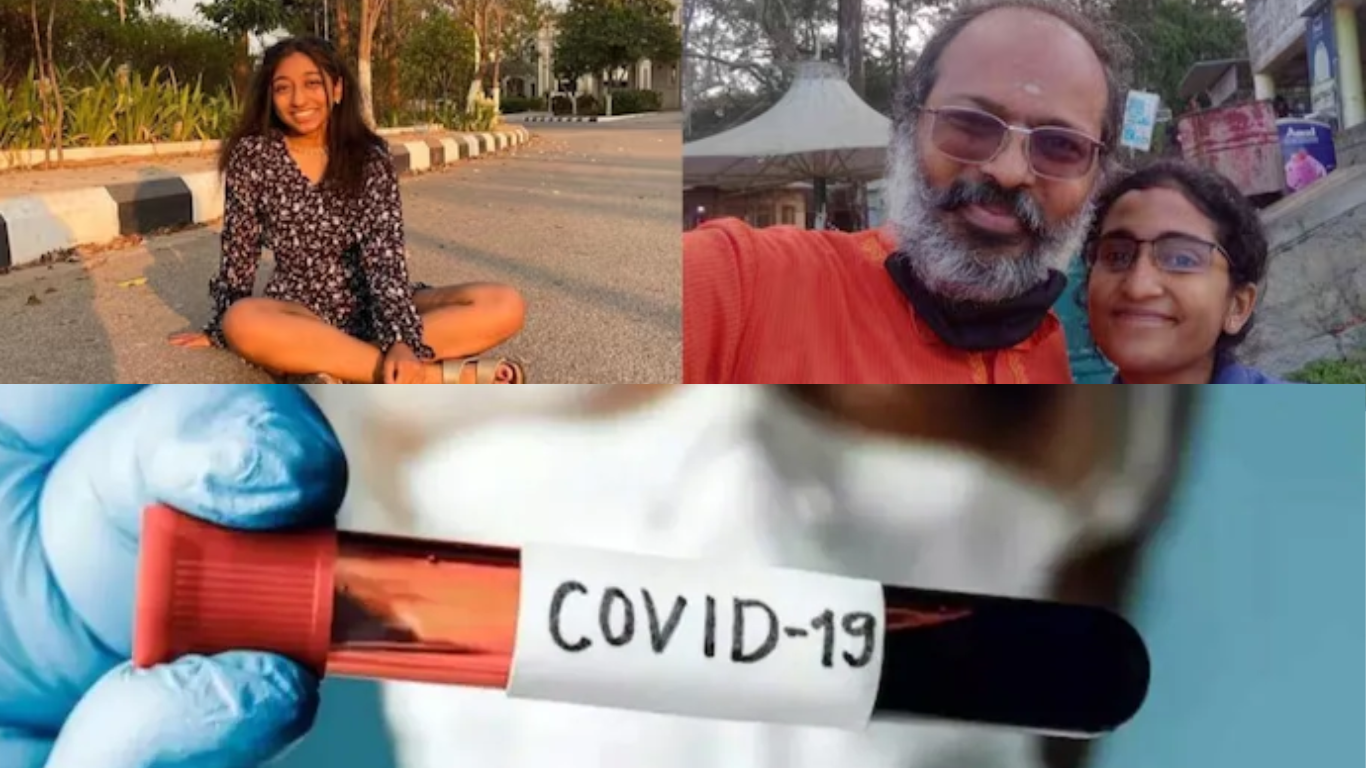
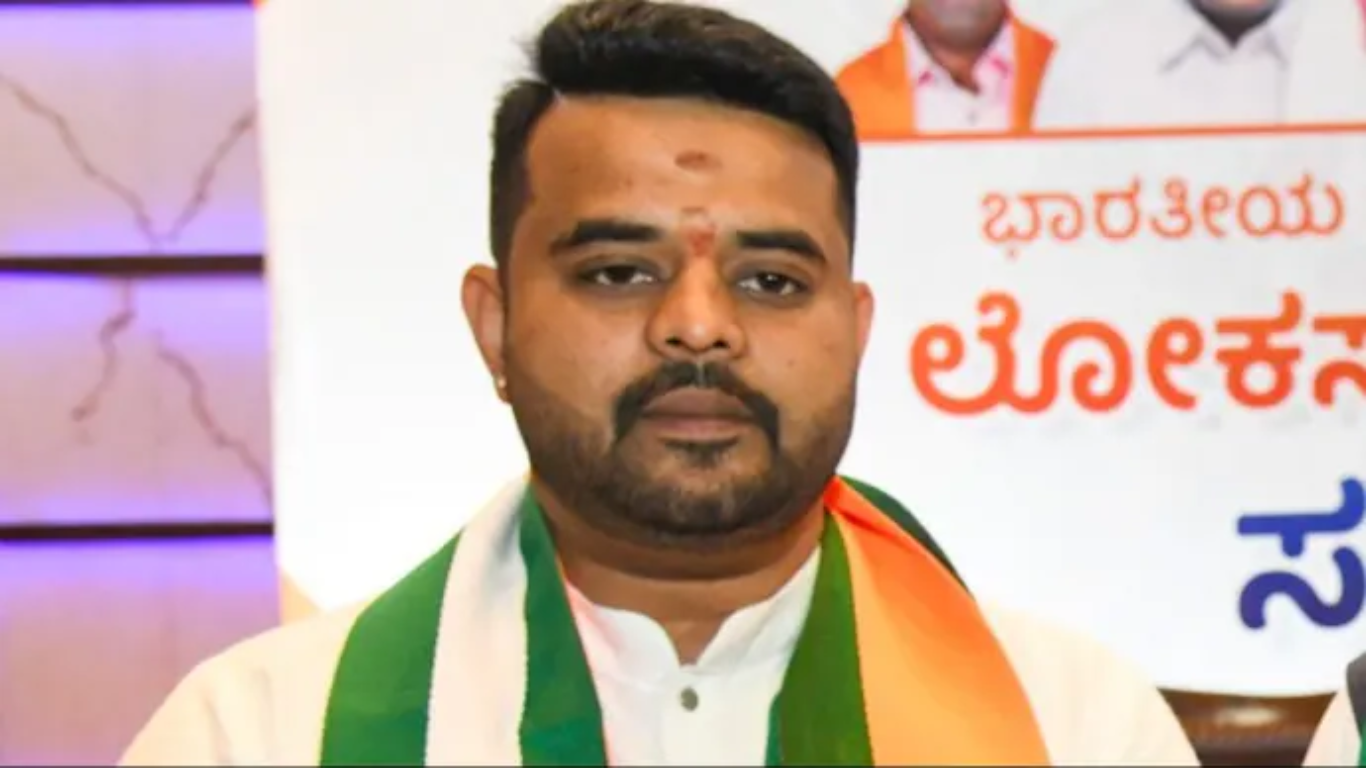

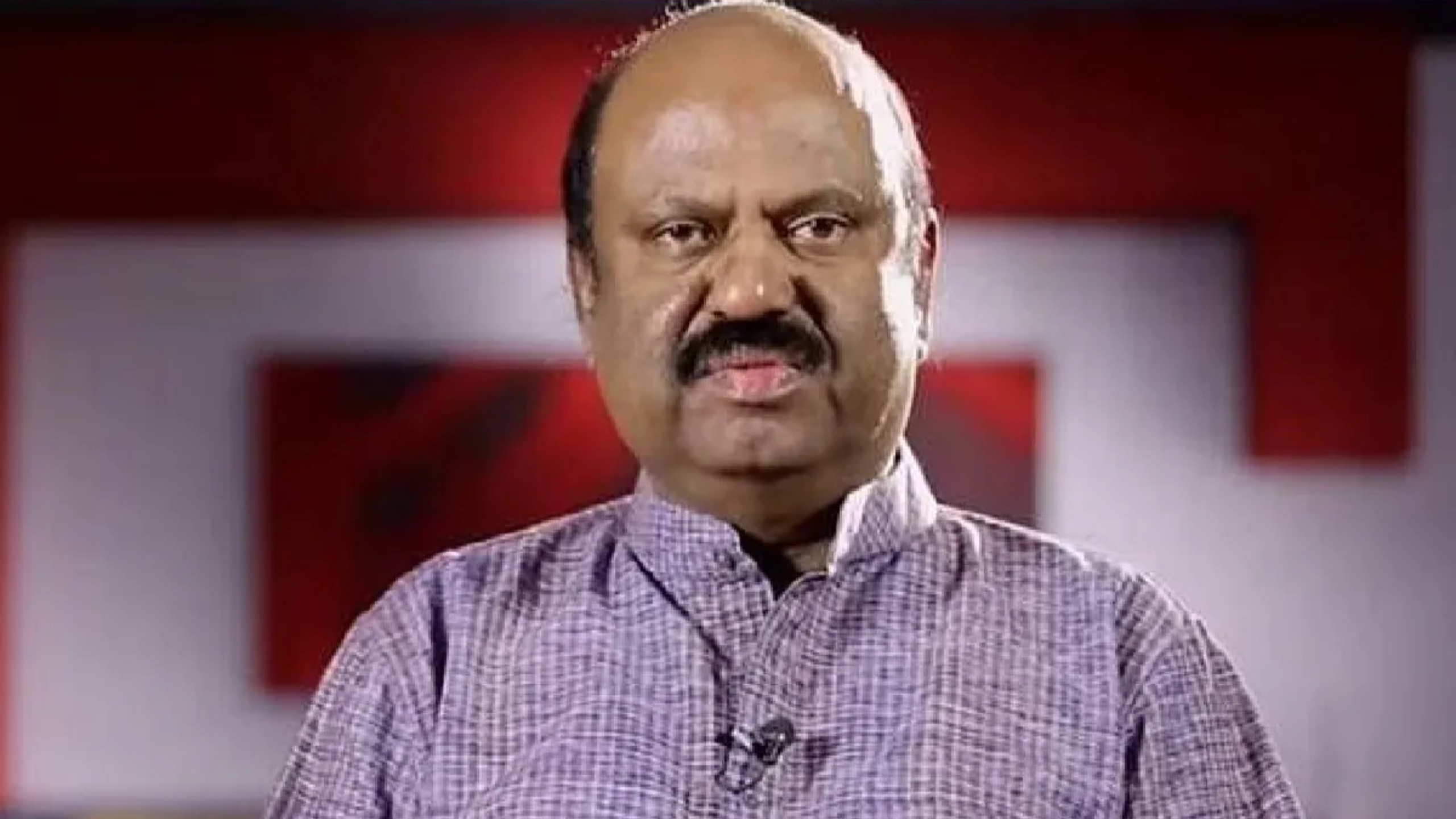
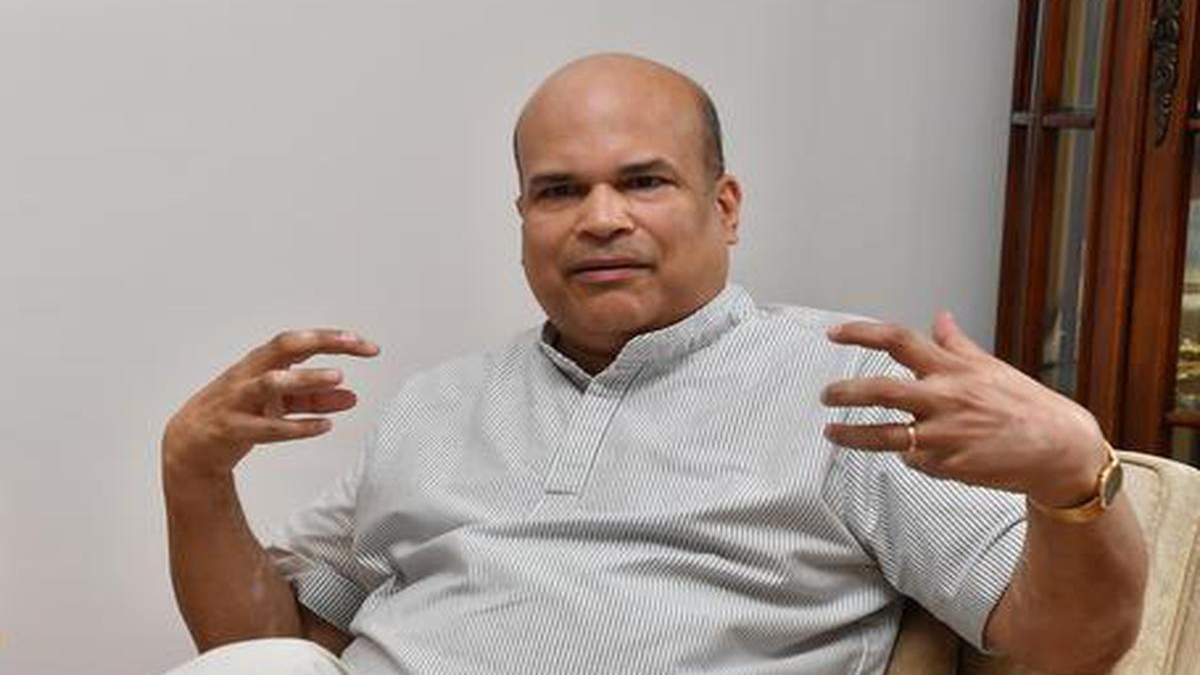
The preliminary agreement with the IMF, under which Sri Lanka stands to receive $2.9 billion to address the ongoing economic crisis, is a “first step” in the long process of economic recovery but will give the nation and investors “confidence” to draw more investments and remittances, according to Sri Lanka’s High Commissioner to India Milinda Moragoda.
Moragoda stated that India was the “sole partner” to have stepped up even without a framework in place and that Sri Lanka now expects more countries to contribute support as the IMF deal is taking shape.
“The most important thing in this situation is that having the staff-level consensus gives us confidence. The amount is not large, but it gives us the confidence to attract investors, possibly raise our remittances, which have decreased by 50%, and attract other bilaterals like Japan. We are appreciative to India for motivating us to approach the IMF. Nirmala Sitharaman, the finance minister, and S Jaishankar, the minister of external affairs, were involved in it. India was the lone nation, the lone partner, to step up without us having any sort of programme, according to Moragoda.
An extreme shortage of necessities like fuel and medicine earlier this year caused massive protests in Sri Lanka, which was experiencing the worst economic crisis in its history. As a result of these protests, President Gotabaya Rajapaksa was forced to leave the country and step down, and Ranil Wickremesinghe took his place.
Moragada cited power, oil, and tourism as some of the sectors where structural reforms, in collaboration with India, can assist restore macroeconomic stability after the IMF deal. He suggested that India look at turning the port city of Trincomalee into an energy hub.
When asked which crucial structural reforms were the low-hanging fruit, Moragada responded, “I would take the electrical sector. In order to attract private investment in electricity generation, I will leverage our connections to and grid in India. That might entail building brand-new renewable energy power plants or purchasing already-existing ones through a privatisation procedure.
I would even go so far as to liberalise last-mile delivery like you have, using the grid to India to build capacity for export and import if necessary. However, I believe that India may serve as the trigger for that, so we must act soon.
When asked if Rajapaksa, who is rumoured to be in Thailand, intended to return, Moragoda responded, “He will return soon, I suppose, to Sri Lanka,” but he had little chance of securing a position in the nation’s political leadership.
“He needs to establish himself. I think he should perhaps focus more on the social side of things rather than politics. Ex-presidents might be considered icons. For instance, former US President Jimmy Carter is better remembered for his post-presidency work than his tenure in government, according to Moragoda.
The politician-turned-diplomat, though, claimed that the situation had been building for some time. He made the argument that the problem might have been exacerbated by the older Rajapaksa’s technocratic approach and that a stronger, more direct political outreach was necessary.
Read more: India slams China, claims Sri Lanka needs support, not ‘unwanted pressure’.

